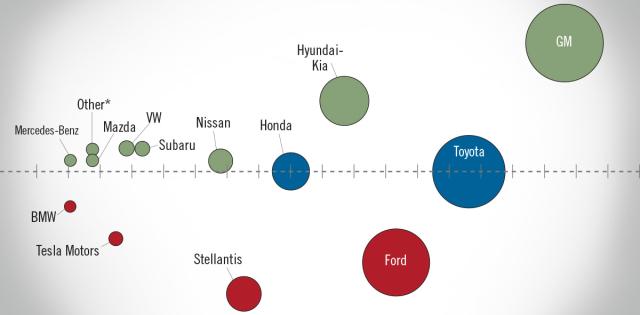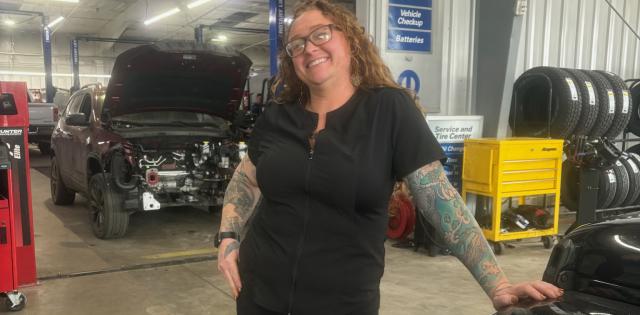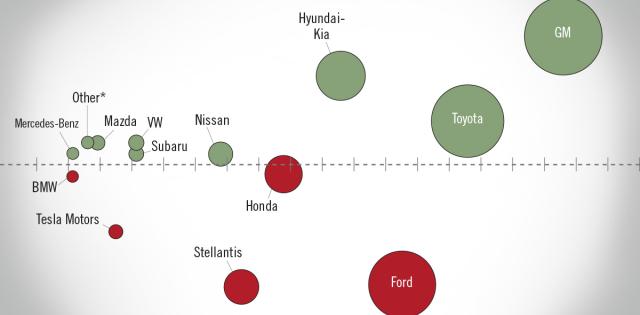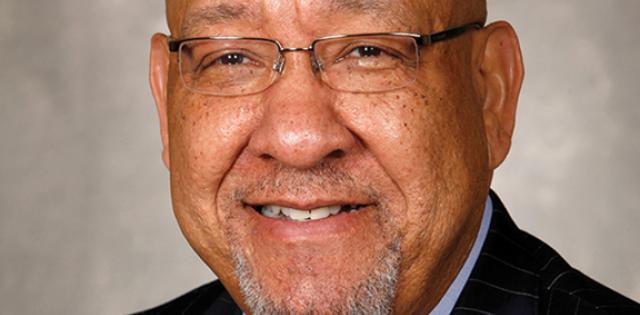Perpetual preparedness may seem a bit redundant, but I discovered recently that there is a big difference in preparing for an impending disaster and keeping those preparations up to date.
At this writing, my husband, cat and I are on the run from Hurricane Dorian. We made the decision to escape to our son’s place in the North Carolina mountains when the forecast showed Dorian’s most likely path of making landfall in our area as a Category 3 hurricane.
When we moved to the Florida coast a year and a half ago, we were aware of the probability of a severe weather event as both my husband and I had previously lived many years in Florida. Part of our settling in process included putting together a “to go” box with important documents such as passports, birth certificates and insurance policies, etc. What I realized as we scurried about gathering our belongings was that I had failed to keep those documents current. Our well-thought out initial process had a flaw. We didn’t replace outdated information with current information. Worst of all, it didn’t include a list of everyday items we would need to rebuild if our home was uninhabitable or destroyed.
It’s an arduous process to look around your home and decide what to take with you assuming what remained might not be there on your return. It’s a decision that should not be made in the heat of the moment.
This experience got me wondering about auto dealerships. How prepared are you for a catastrophe? You may not be in a hurricane, earthquake or tornado zone, but no one is excluded from the potential devastation of fire. Could you carry on and rebuild in the event of a partial or total loss of your physical property?
Here are a few things you can do now to prepare:
- If you are one of the few dealerships with a DMS server on location, be sure that backups are performed daily and that the most recent copy is taken off location or stored in a fireproof safe.
- Take advantage of the digital archiving features of your DMS or a third-party provider for all documents such as deal paperwork, repair orders, parts tickets and purchase invoices.
- Scan and digitally store all vendor contracts, lender agreements, OEM agreements and addendums, and tax returns.
- Store online banking and credit card access log-ons and passwords in a safe location (i.e. safety deposit box).
- Make digital copies of all titles and supporting documentation such as powers-of-attorney, reassignment forms and odometer statements. If the potential disaster is foretold (i.e. hurricane), move all titles, MSOs and supporting documents to a safe location. While replacements can be obtained, the time and expense to do so is extensive and can delay insurance reimbursements and sales of vehicles.
- Make a list of all items you should take with you. This is not a decision to be made while scrambling to secure your property and assuring the safety of your employees.
- Have a plan for notifying employees of the status of the dealership operations and for checking on their well-being. Many dealerships will use their Facebook page for posting the status and for allowing employees to check in.
- Make sure there is a video of the entire dealership property showing furnishings, equipment and improvements. Update the video if there are additions and/or remodeling.
Your insurance company should also have recommendations for mitigating your business losses. Don’t wait until the hurricane spaghetti computer models crisscross your location to get prepared. Initiate these processes now and continuously update the digital information.
Think about what you’d need to sustain and quickly rebuild your business should the worse-case scenario occur. Keep in mind that you may not have advance warning to do so. If you are perpetually prepared, you should feel some comfort in knowing that your business will go on.
Wines, a certified fraud examiner and certified F&I professional through the Association of Finance and Insurance Professionals, brings more than 30 years of retail-auto industry experience to NADA. She has extensive experience working as a controller for dealership groups of all sizes. Wines graduated from the NADA Academy in 2002. As a general manager for Hendrick Automotive Group, she returned to the NADA Academy in 2013 for the inaugural Hendrick Leadership Academy. Wines was selected for General Motors’ Women’s Retail Network in 2001 and completed GM’s Minority Dealer Development program. She obtained a BSBA in accounting from the University of Central Florida.











